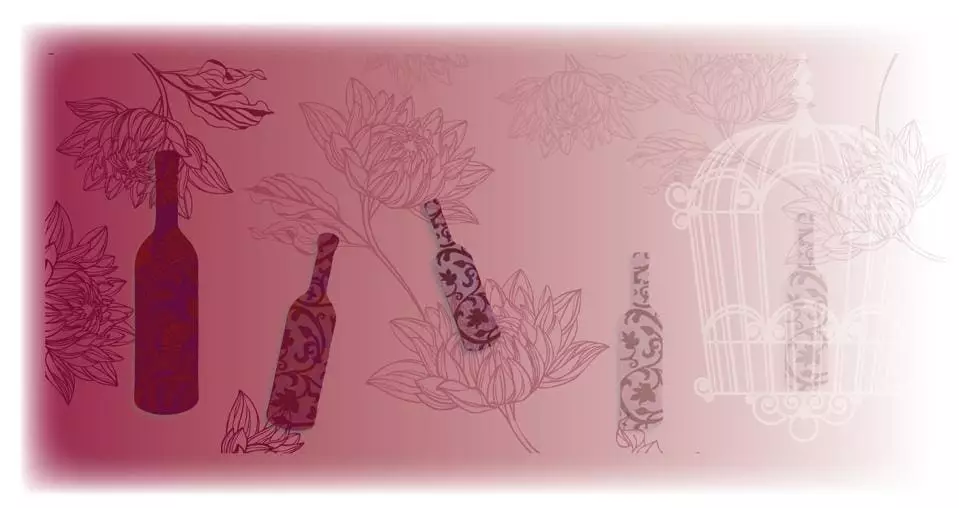In the world of wine, discovery often arises in the most unexpected of places. While many may find their mentors in established environments such as corporate offices, my own journey took a more personal route. I met my mentor, Diane Teitelbaum, not in a formal setting but across a table filled with their delightful Riesling—a path this was not only about tasting wine but also about uncovering the layers of wisdom it had to offer.
Wachau Valley, known for its stunning vineyards and pristine landscapes, hosted an unforgettable experience that would shape my approach to wine forever. Diane and I sat among a group of seasoned wine writers, and I vividly recall the nervous energy coursing through me as I faced a lineup of aromatic Rieslings, Grüner Veltliners, and Gewürztraminers. Each glass shimmered with a golden hue, echoing the summer sun that danced across the valley. My role in this setting felt overwhelmingly daunting; I was no expert, just a beginner struggling to describe the myriad of flavors swirling around me.
Overwhelmed by self-doubt, I felt trapped under the glaring expectations of wine evaluation. Statements from a more seasoned member of the group—an ex-television personality—only added to my uncertainty. It felt as if he performed on a stage, belittling my novice attempts to understand the language of wine. Amidst this chaos, Diane grasped my wrist with palpable empathy, reassuring me that I was not alone. With her guidance, I began to peel back the layers of flavor while also discovering a true friendship.
Throughout that week in Austria, Diane became my guiding light. The once-intimidating task of identifying flavors transformed into a collaborative learning experience. While she introduced me to the intricate nuances of Riesling and the art of wine writing, I found joy in helping her navigate the cobbled streets that challenged her post-surgery mobility. Our contrasting appearances—hers delicate and soft, mine more pronounced—were trivial compared to the bond we formed over wine. Our conversations flowed smoothly, much like the wines we shared; we discussed everything from victuals to the very essence of good wine writing.
Diane emphasized the importance of authenticity in the industry. She taught me that self-assurance comes from trusting one’s palate and embracing our unique interpretations of wine. Our shared laughter grew louder and our connection deeper with each bottle we uncorked, reflecting the duality of enjoying a beverage steeped in history and tradition while simultaneously crafting our own narratives. It was a rich tapestry woven with threads of both learning and kinship.
Years later, I still remember the rare bottle of wine Diane cherished above all. It was a 1947 Joseph Drouhin Chambertin-Clos de Bèze grand cru, a gift from a late friend. To her, it wasn’t just a drink; it was a memory steeped in love and nostalgia. When she prepared to open the bottle as part of a New Year’s celebration, she treated it with unrivaled reverence. The process of decanting was methodical; she understood that every wine is a living entity, each moment it breathes transforming its essence.
The experience Diane described—a delicate dance of flavors unveiling themselves gradually—was the embodiment of what wine should represent: a story that unfolds over moments of connection. I couldn’t quite grasp the technical intricacies of her tasting notes, but I understood her portrayal of the wine’s journey. It was about something transcendent, a vibrant recollection of life, love, and all the events that led up to that very glass.
Legacy Beyond Technicalities
Diane’s passing was a profound loss for everyone whose lives she touched, and the emotional weight of those shopping experiences lingered in the air when I finally shared her story at her memorial service. As I recounted Diane’s tales of glorious wines and cherished moments, I realized that her true gift was not just in her knowledge of the beverage. Rather, she had unlocked an understanding of how wine acts as a conduit for connection—the memories sparked by sharing a glass, the warmth of laughter accompanying each sip, and the fleeting nature of our experiences.
Wine, when embraced fully, transcends mere measurement, tasting notes, and technical classifications. It serves as a reminder of the ephemerality of life, akin to a singular moment that carries us into cherished memories and shared experiences. It is clear to me now that the inherent magic of wine lies not in the technical mastery that can be found within texts, but in its ability to create lasting emotional memories and forge connections that stand the test of time. Just as Diane advised me, we should always aim to capture that dynamic experience, cherishing the narratives that come with every wine we encounter.

